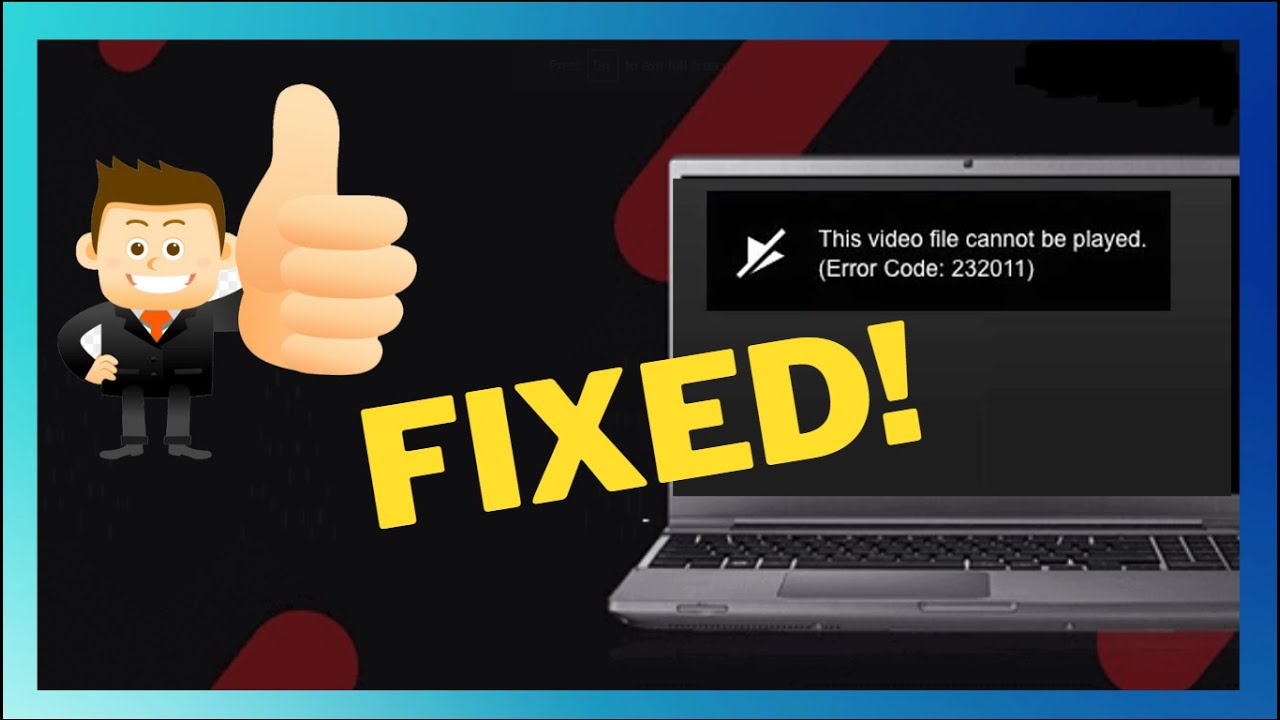Computers are essential tools that we use every day, but they can also be quite taxing on a machine if not taken care of properly. In this article, we’ll take a look at some of the best ways to keep your computer running longer, and help you save both time and money in the process.
Make Sure Your Computer Is Up-to-Date
Keeping your computer up-to-date is one of the best ways to keep it running longer. Checking for updates and installing them when needed helps your computer run more smoothly and defends against security threats.
In addition to security updates, you should also install recommended software updates, which can improve your computer’s performance. For example, Microsoft offers Windows Updates that include recommended software patches and updates. You can also install these updates using the update feature in your operating system, or by using third-party software such as Windows Update Manager.
When you’re ready to upgrade your operating system, make sure to use an up-to-date installation media. For example, if you want to install a new version of Windows 10, use the Media Creation Tool from Microsoft to create a disk image of the Windows 10 installation media. This disk image can then be used to upgrade your existing computer or installed on a new machine.
Keep your computer up-to-date by checking for updates and installing them when needed. You can also install recommended software updates to improve performance. And when you’re ready to upgrade your operating system, make sure to use an up-to-date installation media.
Keep Your Computer Running Smoothly With These Tips
Keeping your computer running smoothly is important for both your productivity and your environment. Here are some tips to help keep your computer running smoothly:
1. Regularly clean your computer system and hard drive: Cleaning the computer system minimizes the build-up of dust, lint, and other debris that can cause problems with the performance of your computer. A regular hard drive clean will also help keep your data safe.
2. Use a backup plan: Backing up your data regularly is one of the best ways to ensure that you’ll have a copy of your important files if something happens to your computer. Having a backup solution in place also protects you from incurring financial losses as a result of data loss or damage.
3. Keep an eye on system resources: System resources such as memory, processor, and disk space can all be taxed by heavy online usage or simultaneous application loads. While you may not be able to do much about the first two, you canlimit the amount of information loaded at one time by using task managers and power management tools.
4. Use antivirus software: While no software is 100% effective, using virus protection software can help protect your computer from viruses and other malicious software
Use a 128gb Memory Card
One of the best ways to keep your computer running longer is to use a 128gb memory card. A 128gb memory card has more than twice as much space as a standard memory card, which means you can store more photos, videos, and files on it.
128gb memory cards are also faster than standard memory cards. This means you can download larger files more quickly and access them with less lag time. Additionally, a 128gb memory card is less likely to be corrupted than a standard memory card.
If you’re in the market for a new memory card, be sure to buy one that’s rated at at least 128GB. This will give you the best chance of keeping your computer running longer and making the most of its capabilities.
Protect Your Computer From Viruses and Spammers
One of the most important things you can do to keep your computer running longer is to protect it from viruses and spam. Viruses and spam can cause your computer to slow down, crash, or even lock up. To protect yourself from these threats, follow these tips:
1. Use a virus scanner. Viruses and spam can be prevented by using a virus scanner. Make sure you have the latest software installed on your computer and that you use it regularly to keep your computer safe from viruses and spam.
2. Keep your computer clean.dirty files. Keeping your computer clean will help prevent viruses and spam from attaching themselves to your computer. Cleaning up unused folders and files will also help increase your computer’s speed and performance.
3. Avoid downloading things without verifying them first. Before downloading anything, make sure that you verify the file’s authenticity by checking its file size, date, and other details. This will help protect you from downloading viruses or scams disguised as legitimate downloads.
4. Use a firewall. A firewall can also help protect your computer from viruses and spam attacks. By blocking unsolicited traffic from reaching your computer, a firewall can help prevent malware from spreading easily across your system.
Back Up Your Data Regularly
Regular backup of your data is one of the best ways to keep your computer running longer. By taking regular backups of your important files, you can restore them if something goes wrong with your computer. You can also use a backup program to create a copy of your hard drive automatically every day or so.
Another way to keep your computer running longer is to clean it regularly. Remove junk files and cookies from your hard drive, and defragment your hard drive to improve its performance. Finally, make sure that you have up-to-date antivirus and security software installed on your computer.
Conclusion
As technology advances and we become more reliant on our computers, it’s important to take steps to keep them running as long as possible. Here are some of the best ways to do just that: 1. Keep your computer clean – One of the most common causes of a slow computer is clogged up registry keys and files. Make sure to clean your computer regularly using a utility such as CCleaner or CCLeaner Free. 2. Disable unneeded services – Many times when our computers start feeling sluggish, it’s because there are dozens of unnecessary background services running in the background. By disabling these services you can free up some disk space and improve performance overall. 3. Defragment your hard drive – This may seem like an odd tip, but by defragging your hard drive you can help optimize your Windows operating system for faster loading times and improved overall performance. 4. Upgrade to the latest Windows updates – Keeping up with the latest Windows updates will help protect your computer from security threats and other bugs, which in turn will make your machine run faster and smoother than ever before!









Leave a Reply